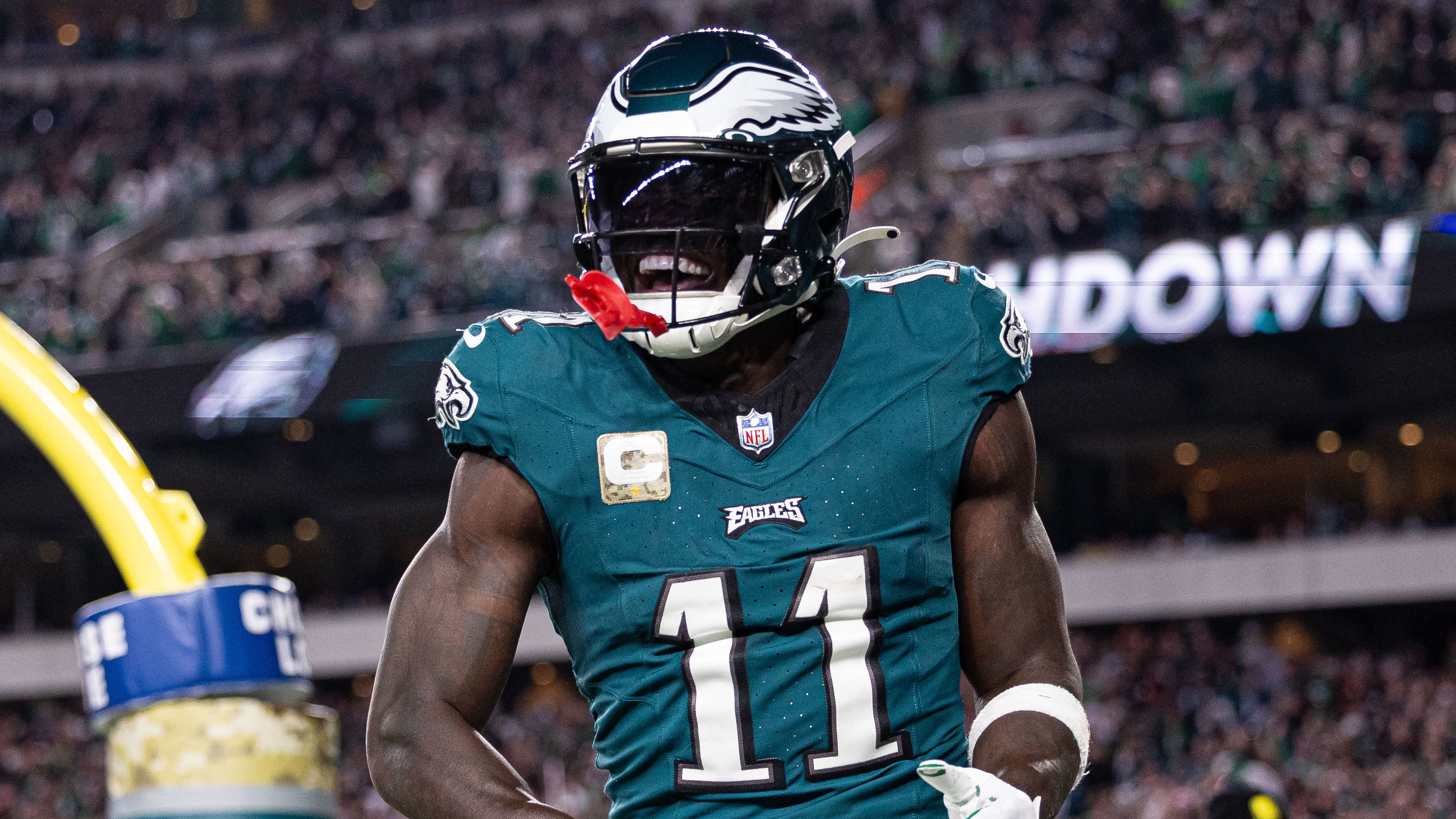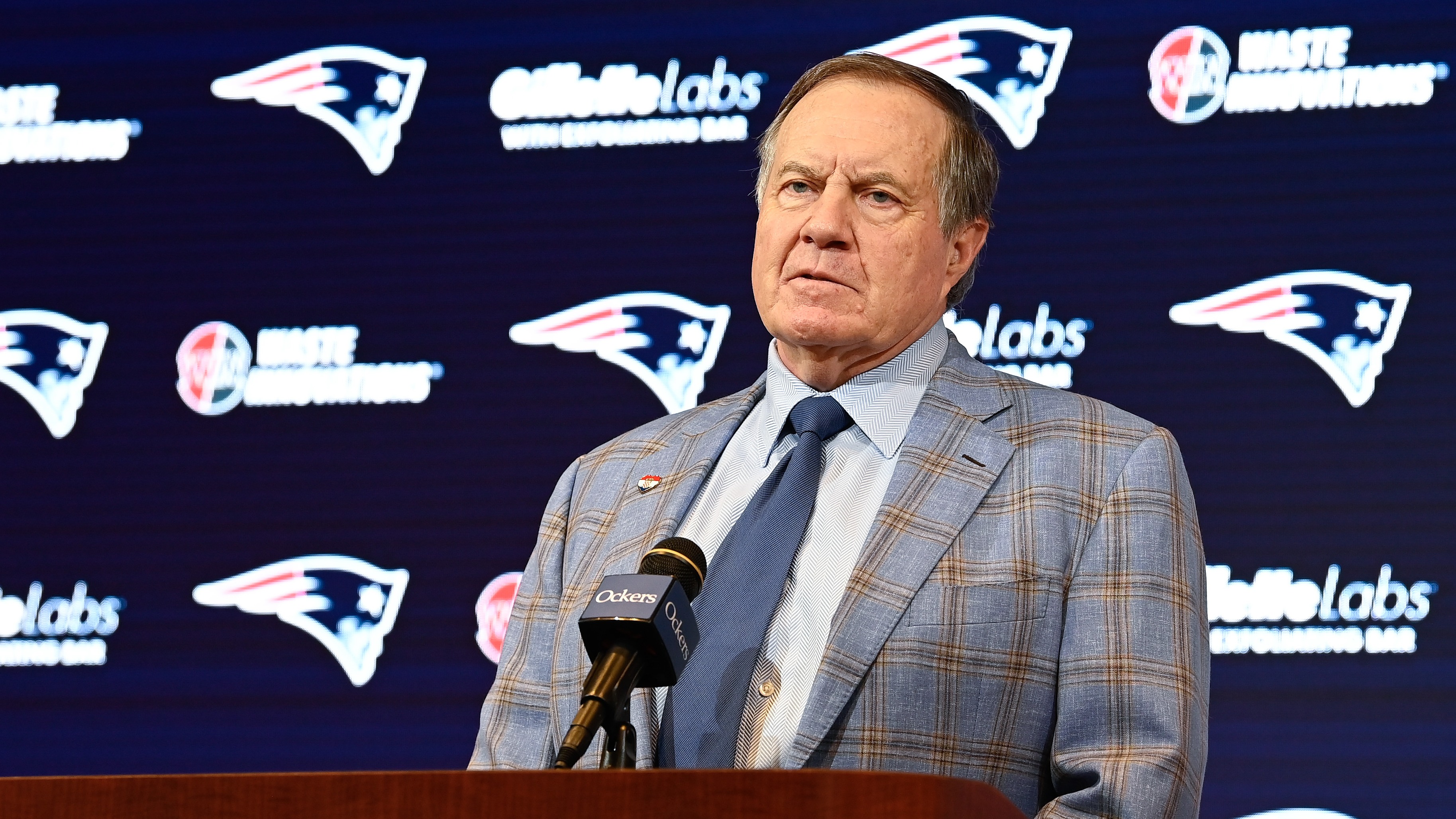First thing Tuesday morning, Patriots cornerback Jonathan Jones took to Twitter to say, “I don’t know who needs to hear this but you can’t social distance football … “
Jones soon got an amen from Dont'a Hightower: “Ain’t no way.”
And another from Patrick Chung: “Not a damn shot. They are trippin’.”
There were plenty of “But, but, but … ” rebuttals in the replies to Jones’ tweet.
Download the MyTeams app for the latest Patriots news and analysis
Folks pointing out that the MLS, MMA and English Premier League are back to action with success; that it’s hard to distance in other professions too; that the odds of a young, fully healthy athlete contracting a case that even requires hospitalization is infinitesimally small.
None of which are going to make Jones say, “Gee. They’re right. I have nothing to worry about.”
New England Patriots
Be assured, Jones, Hightower and Chung are just the tip of a very large iceberg of players reluctant to play in 2020 with coronavirus still raging. Despite that reluctance, most will still play. But many may not.
Which brings us to the “opt-out” issue the NFL and NFLPA are wrangling over right now. It has the potential to be the biggest obstacle to getting camps started and — when some players inevitably do opt out — it could quickly and drastically alter teams for the 2020 season.
According to ESPN’s Jeremy Fowler, the NFLPA’s asks are these:
- An opt-out clause for at-risk players to receive salary (but not bonuses) if they decide not to play.
- An opt-out clause for players with at-risk families to earn an accrued season and benefits if they decide not to play.
- An opt-out clause for players who leave the team after reporting (terms uncertain).
- A $250,000 stipend guaranteed to all players if they show up to camp and everything is shut down because of COVID-19 concerns. That amount rises to $500,000 if the season starts, only to be shut down.
According to Fowler, a memo last month listed these as “considerations for high-risk individuals”
- African American, Hispanic or Pacific Islander
- BMI ≥ 28
- Sleep apnea
- Hypertension
- Altered immunity
- Diabetes mellitus
- Cardiac disease
Rookies for some teams are scheduled to report to camp July 21. Patriots rookies are scheduled to show on July 23. Veterans will be a week later. Yet the opt-out provision is still unresolved.
No other sport requires the amount of contact football does. No other sport has rosters even close to the size of an NFL team.
Sports Uncovered Podcast: The Bill Belichick You Don't Know | Listen and subscribe | Watch on YouTube
And considering the “at-risk” list from the memo, there are scores of players who’d fall into those categories. The league is 70 percent African-American. Along the offensive and defensive lines where 300-pound players are routine, BMIs over 28 are going to be the norm.
Meanwhile, not included on the “at-risk” list from the league memo is sickle cell disease. Sickle cell is included on the Centers for Disease Control list of people with “increased risk of severe illness from Covid-19.”
According to an article titled “Playing Through Sickle Cell” from the website The Undefeated, “One out of every 365 black births results in a sickle cell disease diagnosis.”
Separately, the article notes, “Between 1 million and 3 million Americans, and upward of 10 percent of all African-Americans have sickle cell trait. Most with the trait are asymptomatic, but under unique circumstances, including intense physical activity, high altitude and severe dehydration, normal red blood cells can become sickled, which means athletes are at higher risk of being affected.”
A July, 2017 article on the website Bleacher Report noted that, at that time, there were “26 deaths in NCAA Division I football (since 2000), 11 due to sickle cell trait, experts said.”
Sickle cell, the prevalence of players who would be considered obese and the unavoidable amount of physical contact are all factors for many NFL players as they consider returning to work in an intensely physical job.
No matter how carefully teams screen, no matter how many temperatures are taken, no matter how committed teams pledge to be about masking up on the premises, there’s no way to fully allay the concerns of players who have these pre-existing conditions.
A player like Patriots center David Andrews, who missed all of 2019 because of a condition that caused blood clots in his lungs, will have to reconcile whether health risks from a disease that attacks the respiratory system are worth taking.
How can the league counter those concerns? It can’t. How will it respond to players who want to opt out? So far, it hasn’t. Not in any concrete way.
“You think people care (about the risks players are about to undertake)?” one player asked me this week. “People want to watch football.”


